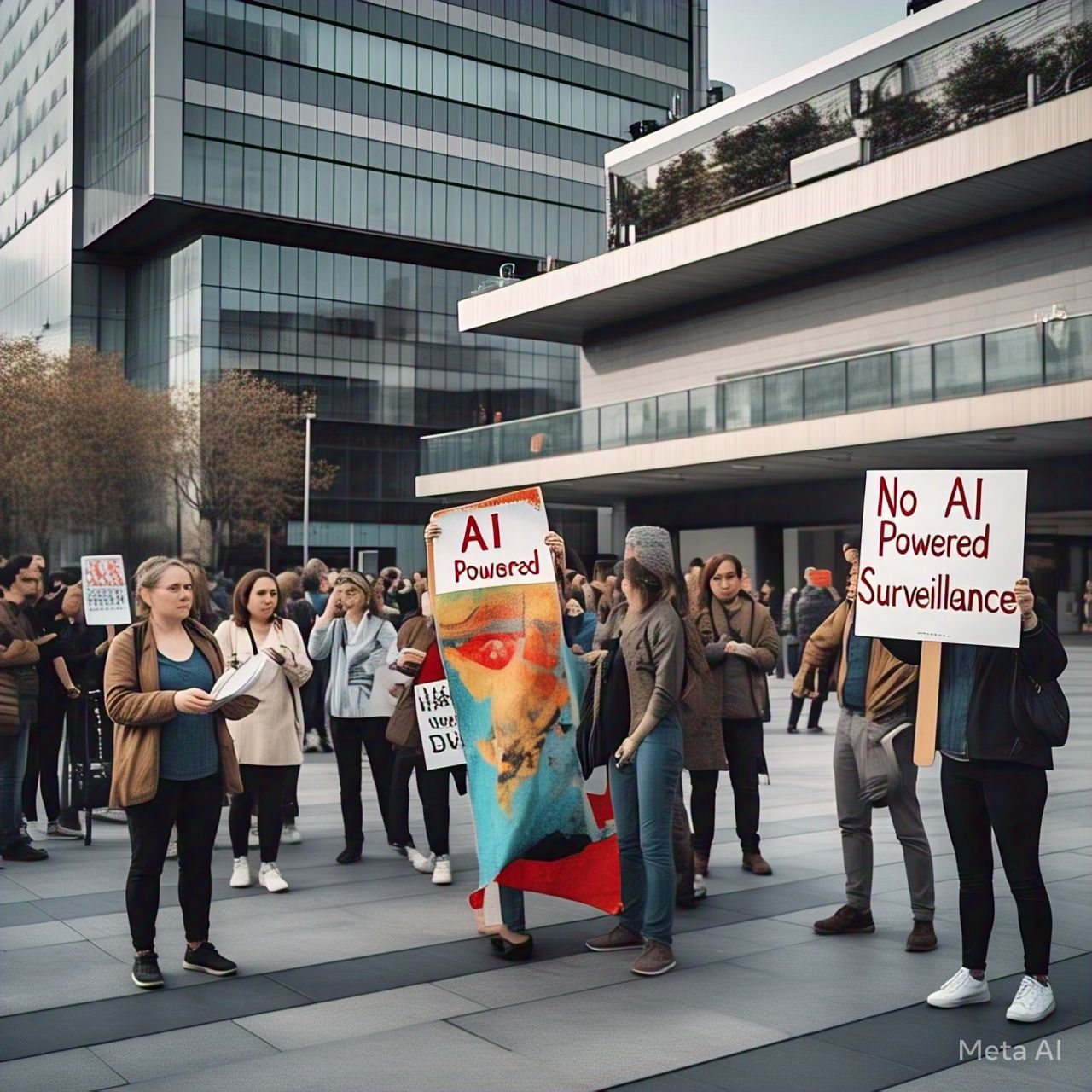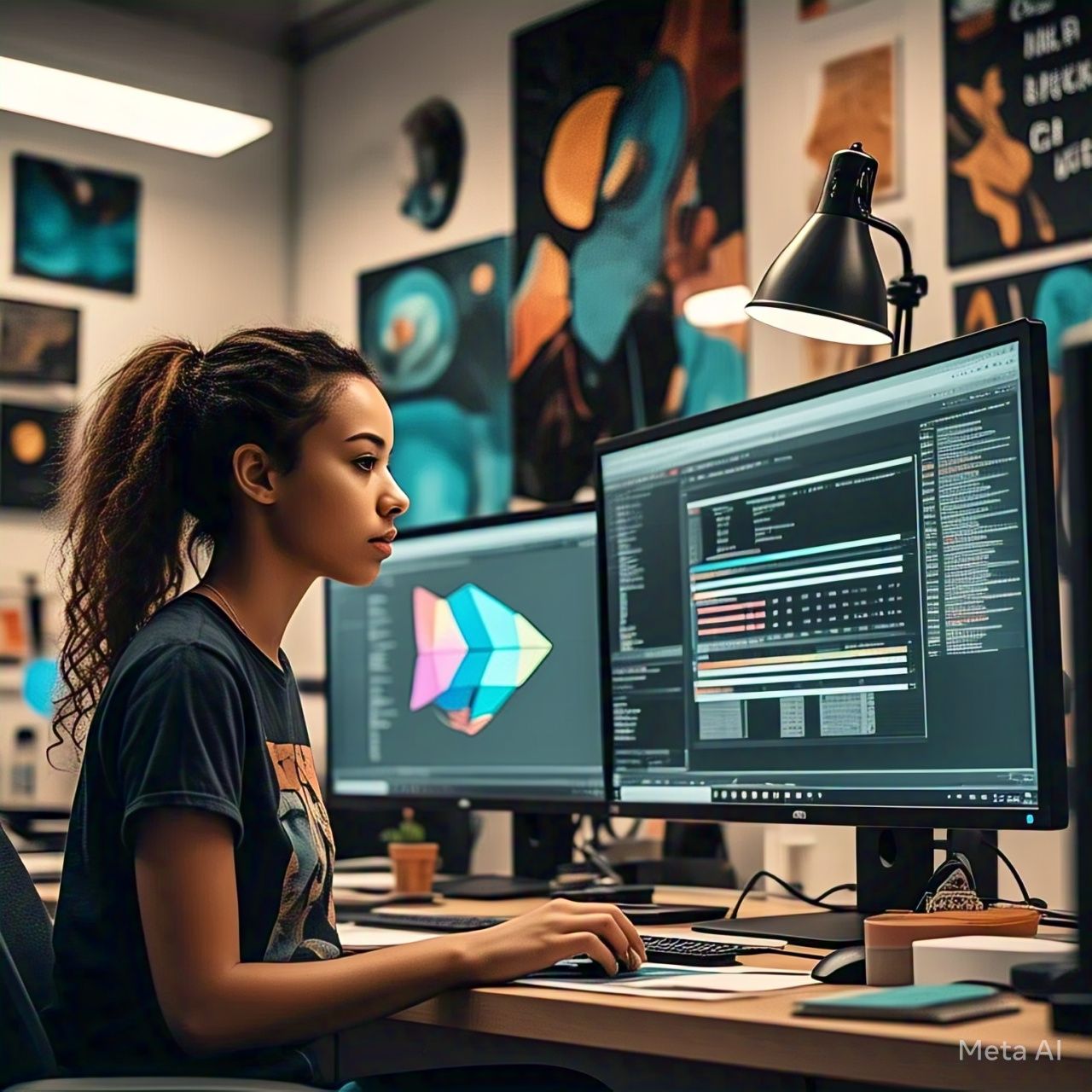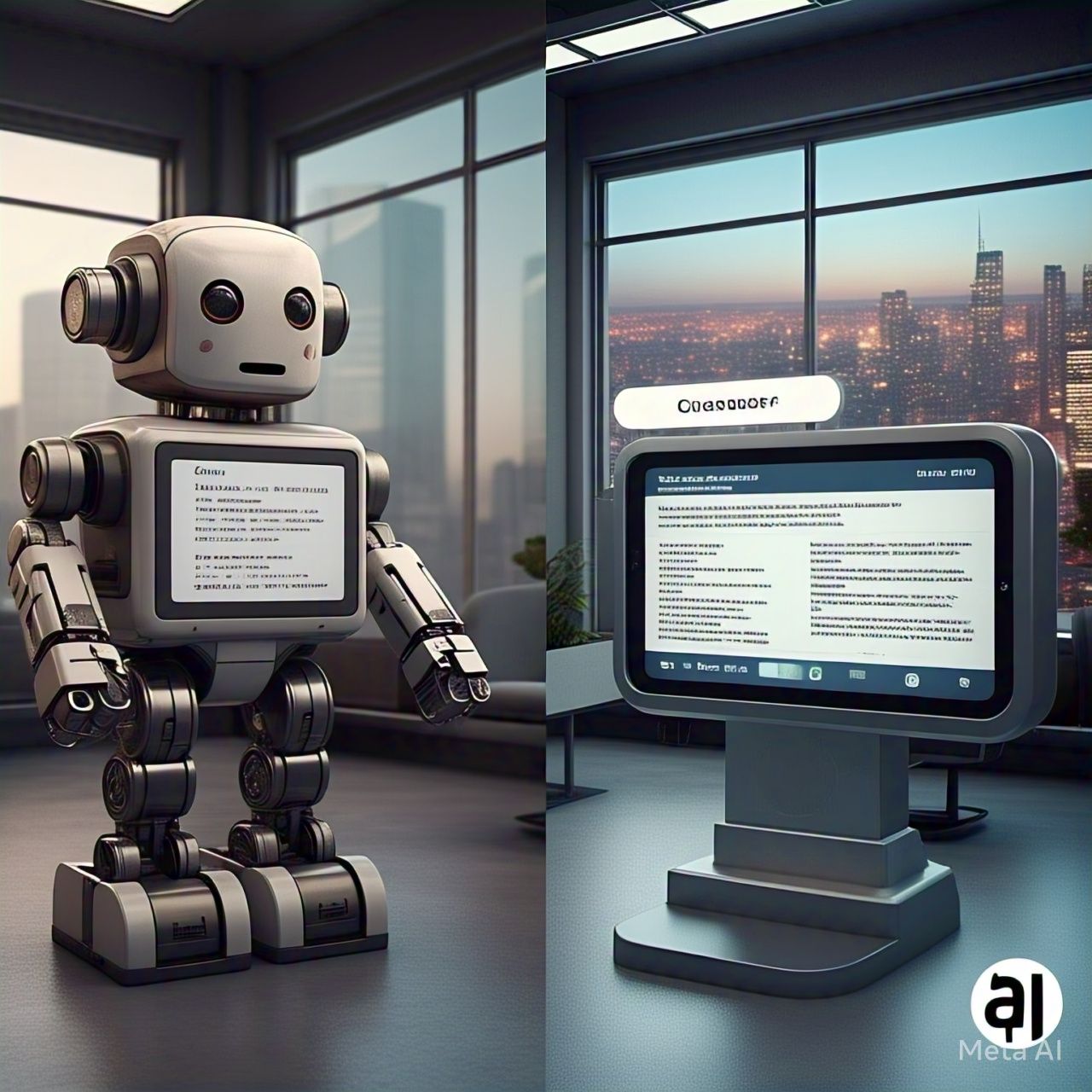Introduction
Artificial Intelligence (AI) has become an integral part of modern surveillance, enhancing security and law enforcement capabilities. However, as AI-driven surveillance expands, concerns about privacy, civil liberties, and democracy are intensifying. This article explores the rise of AI-powered surveillance, its benefits and risks, and its implications for democratic societies.
The Rise of AI-Powered Surveillance
Governments and private entities worldwide are deploying AI-driven surveillance systems to monitor public spaces, detect threats, and enforce laws. Key technologies include:
- Facial Recognition: AI-powered cameras identify individuals in real-time, raising concerns about mass surveillance.
- Predictive Policing: AI analyzes crime patterns to anticipate and prevent criminal activities, sometimes leading to biased profiling.
- Behavioral Analytics: AI interprets body language and movements to detect suspicious activities.
- Automated Data Collection: AI scrapes and processes vast amounts of data from online and offline sources for monitoring purposes.
Benefits of AI in Surveillance
AI-driven surveillance has certain advantages, such as:
- Enhanced Security: AI helps law enforcement detect and prevent crimes more efficiently.
- Faster Response Times: AI-driven monitoring enables authorities to react quickly to potential threats.
- Traffic and Crowd Control: AI optimizes urban management by analyzing movement patterns.
- Terrorism Prevention: AI can detect suspicious behaviors and identify security risks before incidents occur.
The Threat to Democracy and Civil Liberties
Despite its benefits, AI surveillance poses significant risks to democratic values:
1. Mass Surveillance and Privacy Erosion
AI-powered surveillance often leads to mass monitoring of citizens without their consent. Governments and corporations collect personal data, creating a surveillance state where individuals lose their right to privacy.
2. Chilling Effect on Free Speech
Knowing that AI systems constantly monitor public activities may discourage people from expressing dissenting opinions. This suppression of free speech can weaken democratic institutions and discourage activism.
3. Bias and Discrimination
AI algorithms can reinforce societal biases, disproportionately targeting specific ethnic, racial, or socio-economic groups. Predictive policing and facial recognition systems have faced criticism for their high error rates among marginalized communities.
4. Government Overreach and Authoritarianism
Authoritarian regimes increasingly use AI surveillance to track political dissidents, control information, and suppress opposition. Even in democratic nations, excessive AI surveillance can lead to government overreach and misuse of power.
Regulatory Challenges and Ethical Considerations
To balance security and democracy, policymakers must address the following challenges:
- Transparent AI Policies: Governments must establish clear guidelines on AI surveillance usage.
- Public Accountability: AI surveillance programs should be subject to independent oversight to prevent abuse.
- Ethical AI Development: Companies developing surveillance AI must prioritize fairness, accountability, and privacy.
- Legal Frameworks: Governments should implement regulations to protect citizens from unlawful surveillance.
Conclusion
AI-powered surveillance presents both opportunities and threats to society. While it enhances security, it also poses risks to privacy, free speech, and democratic values. As AI surveillance continues to evolve, it is crucial for governments, tech companies, and civil society to work together to ensure that technological advancements do not come at the expense of fundamental human rights.




